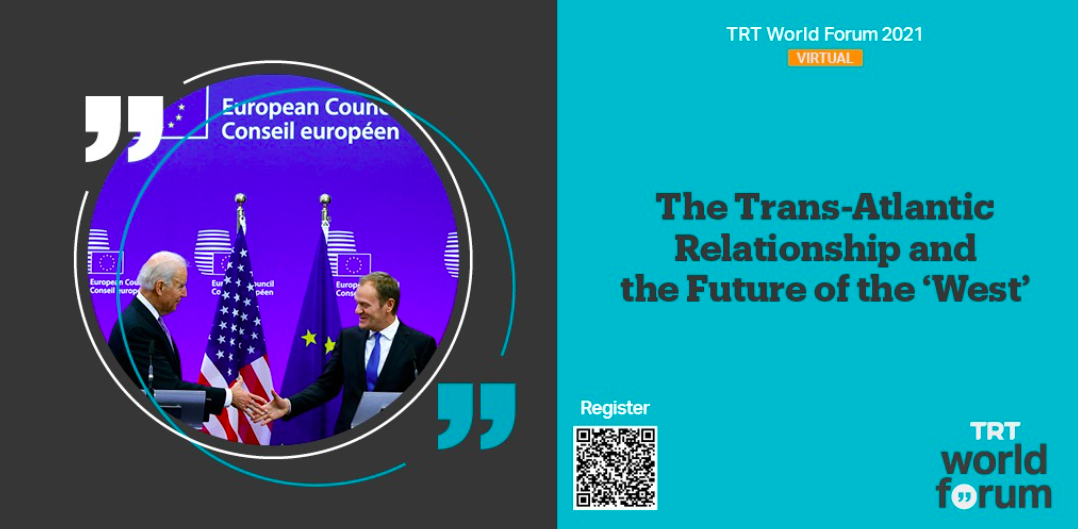Europe-US relations have experienced ups and downs over the past few decades, particularly since the end of the Cold War, when strategic interests began to diverge. The Brexit saga and the turbulence of the Trump era have further raised questions about the future of this relationship. While the Biden administration has offered hope for a reset in transatlantic ties, including increased cooperation to counter China, today’s global dynamics suggest that the nature of the relationship will be different from past decades.
From scepticism about NATO’s relevance, discussions in Brussels on EU strategic autonomy, and the US’s renewed focus on the Asia-Pacific, to the concept of ‘Westlessness’, decision-makers on both sides of the Atlantic continue to question the future of transatlantic relations and the meaning of the West. Additionally, the future of EU expansion or contraction post-Brexit, and the role of a post-European UK in transatlantic affairs, remain uncertain.
Simultaneously, the rise of China, a resurgent Russia, powerful regional blocs in Southeast Asia, and the growing influence of emerging powers present opportunities for maintaining a strategically coherent Western alliance.
